Description
The novel poses the following questions to the reader: – How did Youssef spend his nights in the well? – How did the father receive the news when he was told that his son was eaten by a wolf, and when he was told that his son had stolen? – How did Youssef feel when he learned that his brothers, the people closest to him, intended to kill him? – How did he feel when he was thrown into prison and spent 12 years in it while he was innocent? – How did he feel when Zulaykha said to him: (Here is yours), and how do we explain that a crowned queen loves one of her slaves madly? What is the interpretation of pleasure, lust, or possession in this case? – How did Jacob endure more than forty years of separation from his beloved son Youssef? – How was the meeting after the long years of separation, and what happened from Youssef, his father, and his brothers?
All these details and more, and all these dialogues that reveal the psyches of the heroes are what this novel tries to answer.
It is the story of Joseph, and it is one of the best stories, so how can the novel not be one of the best novels when it deals with the same story?

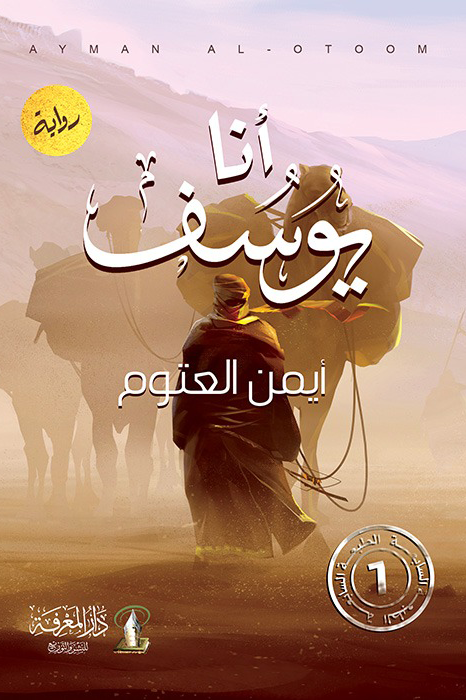
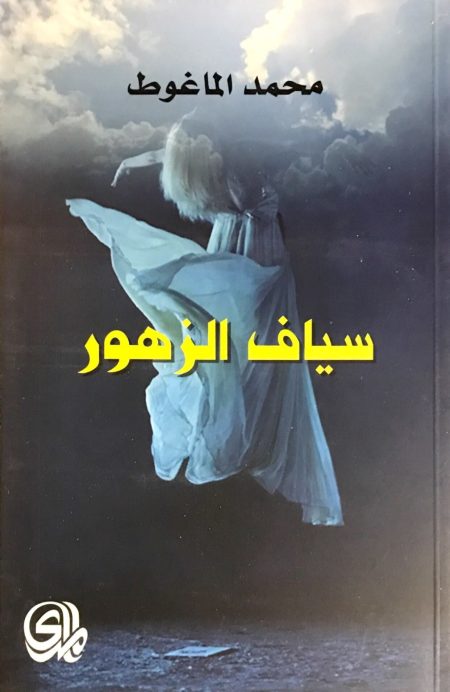
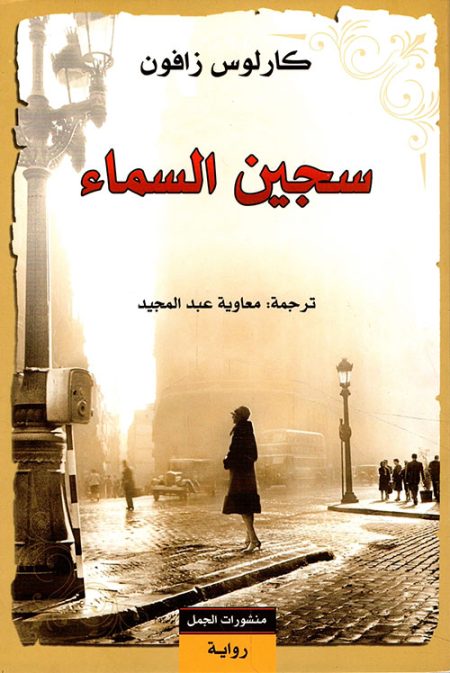
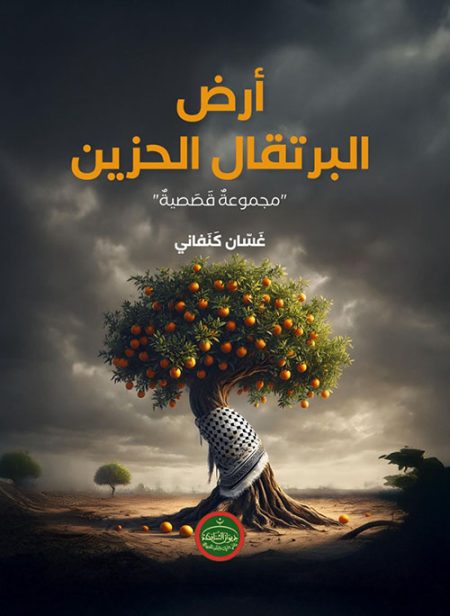
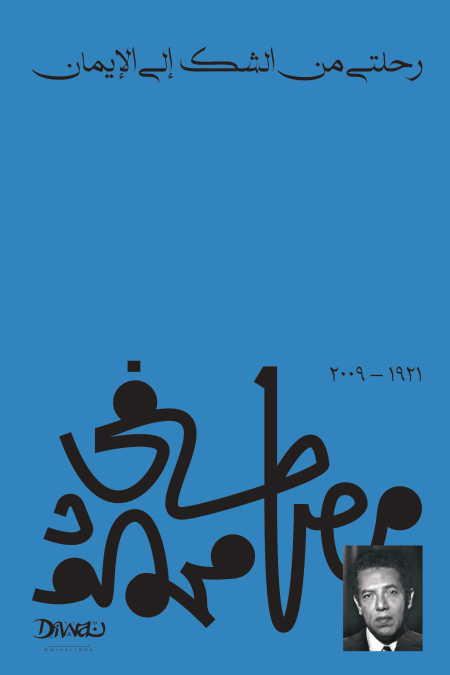
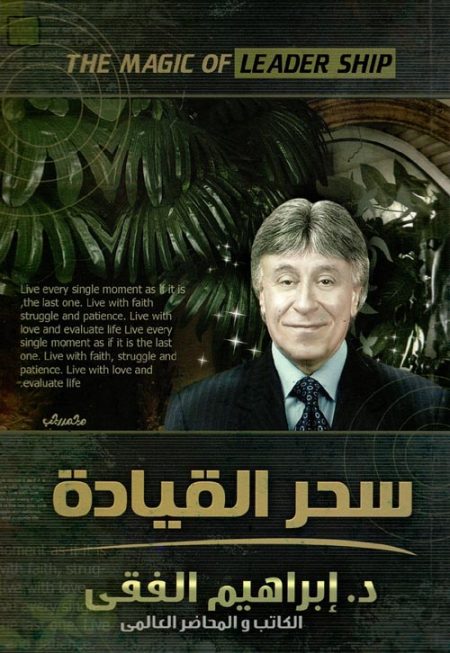
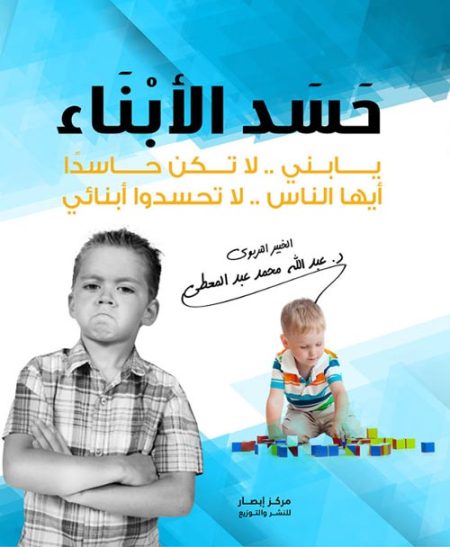
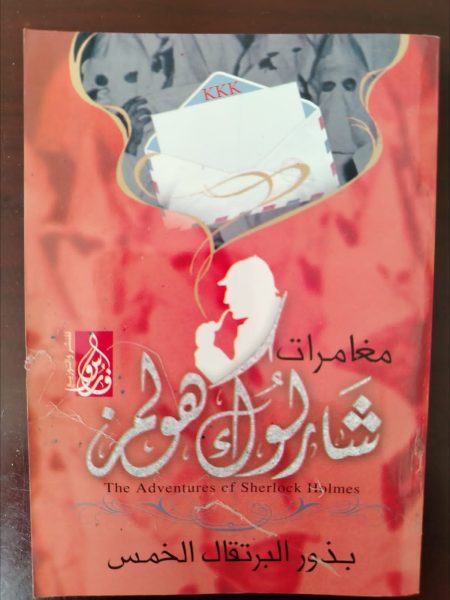
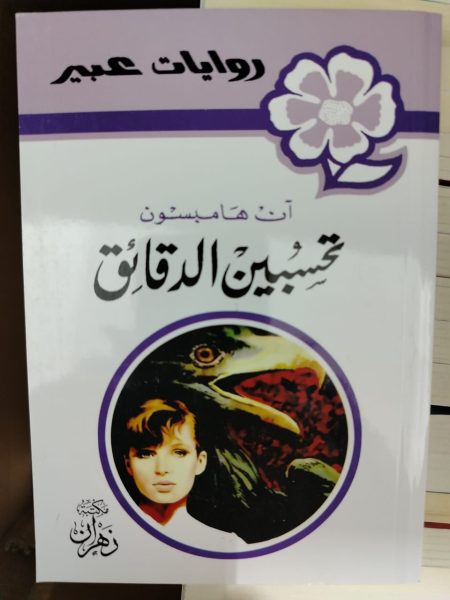
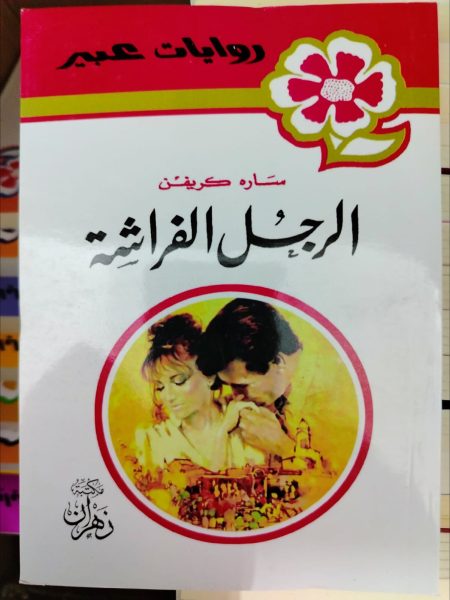
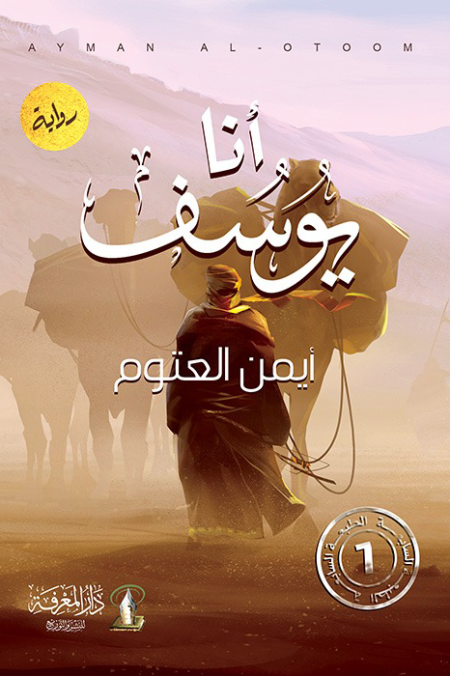
Reviews
There are no reviews yet.